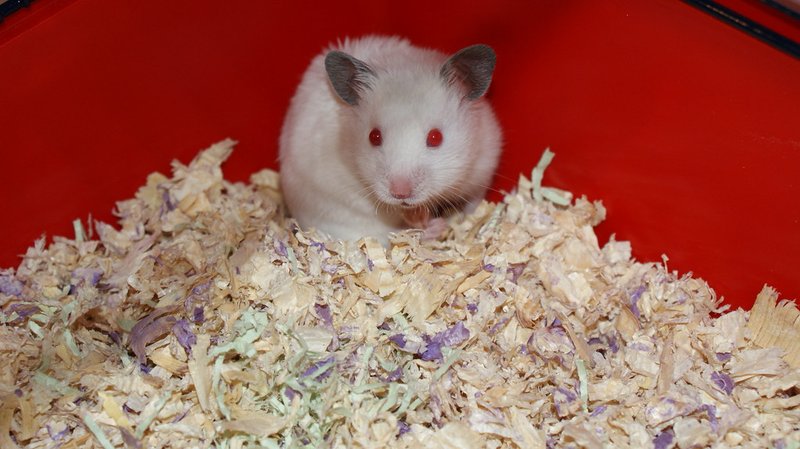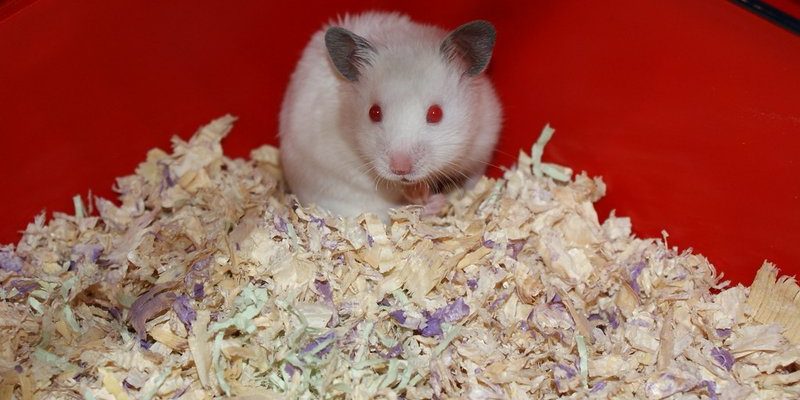
It’s a bit like having a new car; you want to understand how it works, what to watch out for, and how to keep it running smoothly. Just like that car, your hamster needs care and attention. You might be wondering, what kind of health issues do these little guys face? And more importantly, how can you keep them happy and healthy? Let’s dive in and find out.
Understanding Common Health Issues in Albino Syrian Hamsters
Every pet comes with its own set of potential health problems, and albino Syrian hamsters are no exception. They’re prone to several issues, especially due to their unique genetic makeup. Here’s a closer look at some common health problems you might encounter.
1. Wet Tail
Wet tail is a serious condition, often caused by stress or poor hygiene. If you notice your hamster has a wet bottom, it might be a sign of this illness. Here’s the thing: it can lead to dehydration and even death if not treated promptly.
You can prevent wet tail by ensuring a stress-free environment. Some tips include:
- Keep their habitat clean and dry.
- Provide a quiet space away from loud noises.
- Avoid overcrowding in their cage.
2. Respiratory Issues
Albino Syrian hamsters can also suffer from respiratory problems, especially if they are exposed to irritants like strong odors, dust, or even a draft. Symptoms can include wheezing, sneezing, or lethargy. Just like how a cold can make us feel miserable, it can affect our little friends too.
To help prevent respiratory problems, you should:
- Keep their living area well-ventilated.
- Avoid using strong cleaning products nearby.
- Regularly clean their bedding and cage.
Signs of Health Problems You Shouldn’t Ignore
Recognizing when your hamster is unwell is crucial for effective care. Sometimes, they can’t tell us what’s wrong, but their behavior can give us clues.
3. Changes in Behavior
If your hamster becomes unusually aggressive or hides more than normal, it could be a sign of stress or illness. It’s like when we feel under the weather; we retreat and might not be our usual selves.
Keep an eye out for these behavioral changes:
- Excessive scratching or grooming, indicating skin issues.
- Less appetite or sudden weight loss.
- Changes in sleep patterns.
4. Physical Symptoms
Physical signs like lumps, bumpy textures, or abnormal posture can signal health concerns. Think of it as a check-engine light for your pet. If you see something out of the ordinary, it’s important to take action.
Common physical symptoms to watch for include:
- Swollen cheeks or a bulging jaw, which can indicate dental problems.
- Unusual discharge from the eyes or nose.
- Changes in fur texture or bald patches.
Dietary Considerations for a Healthy Hamster
The right diet is key to keeping your albino Syrian hamster healthy. Just like us, what they eat affects their overall well-being. So, let’s talk about their nutritional needs.
5. Choosing the Right Food
You can think of their diet as a well-rounded meal plan. High-quality hamster pellets can provide essential nutrients. It’s similar to how we should choose whole foods over junk. You might want to look for foods that include:
- High fiber to support digestion.
- Seeds and grains for energy.
- Fresh vegetables for vitamins and hydration.
Be cautious with treats, though. Some human foods aren’t safe for hamsters, like citrus fruits or sugary snacks.
6. Hydration is Key
Water is as vital for your hamster as it is for you. It’s easy to overlook, but dehydration can lead to serious health issues. Always ensure that your hamster has access to fresh, clean water. Just like you wouldn’t want to drink from a dirty cup, your little buddy needs a clean water source, too.
Check their water bottle daily to make sure it’s functioning well. A clogged nozzle can lead to dehydration without you even realizing it.
Creating a Safe and Comfortable Habitat
The environment where your hamster lives plays a significant role in their health. Imagine living in a cozy, safe space; it can make all the difference.
7. Cage Size and Setup
A spacious cage allows your hamster to run, play, and explore. Think of it as their playground. When selecting a cage, consider:
- A minimum size of 24 inches long for a Syrian hamster.
- Multiple levels and tunnels for mental stimulation.
- Soft bedding that’s free of harmful chemicals.
A well-set-up cage encourages natural behaviors like digging and burrowing, which keeps your hamster happy.
8. Regular Health Check-Ups
Just like we visit the doctor for a wellness check-up, your hamster needs the same care. Regular vet visits can help catch any health issues early on. It might feel like a hassle, but it’s a small investment for peace of mind.
Make sure your vet is familiar with small animals, particularly hamsters. They’ll know the unique aspects of caring for an albino Syrian hamster and can provide valuable advice.
Owning an albino Syrian hamster can be a delightful experience, filled with joy and companionship. But it’s important to stay informed about potential health problems and how to prevent them. By maintaining a clean living environment, providing a balanced diet, and keeping an eye on their well-being, you can help your furry friend live a long, happy life. Remember, being a responsible pet owner means learning as much as you can and being proactive about your pet’s health, just like you would for any other loved ones in your life. Enjoy your time with your little buddy—they truly do make life sweeter!

